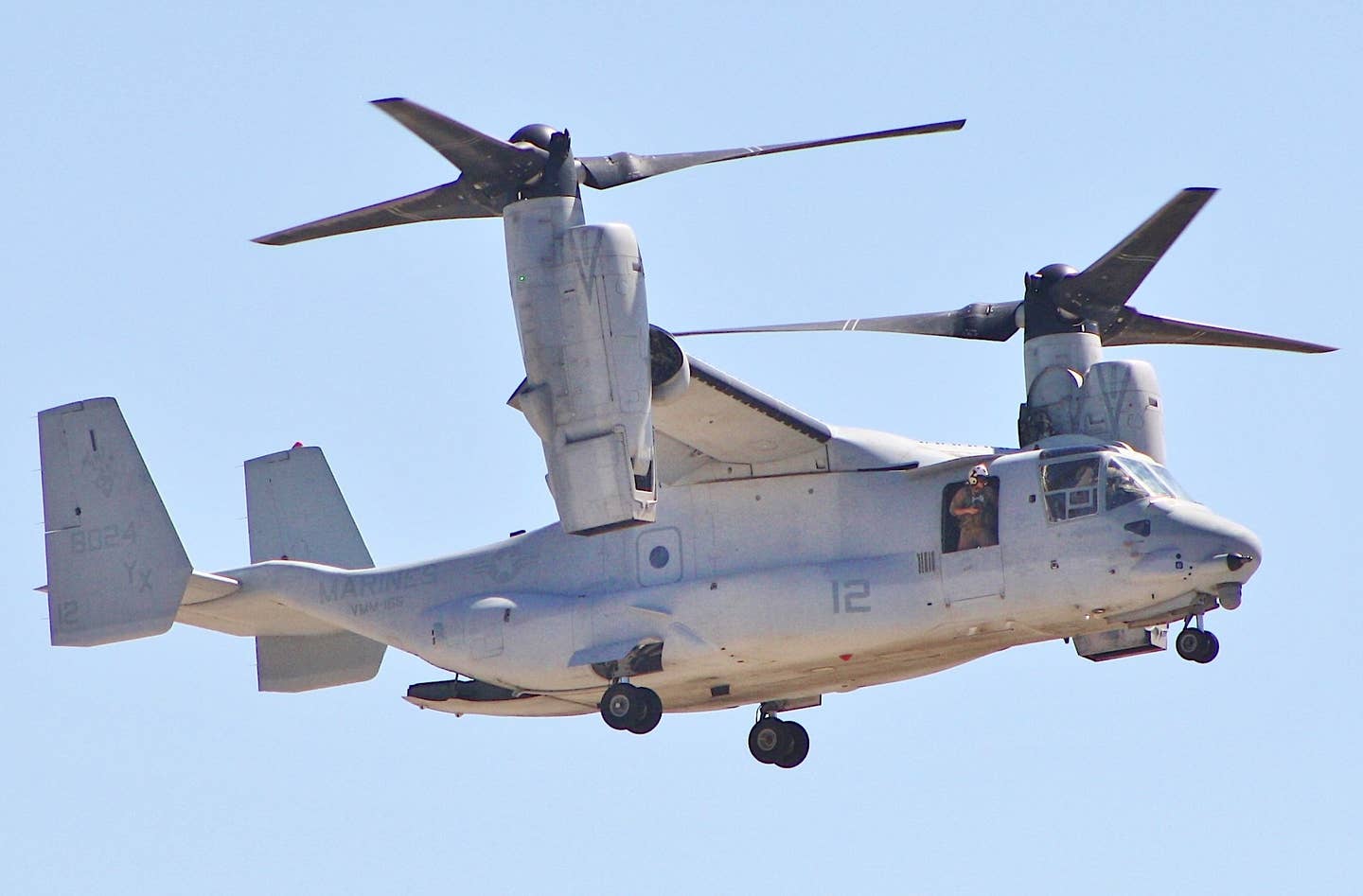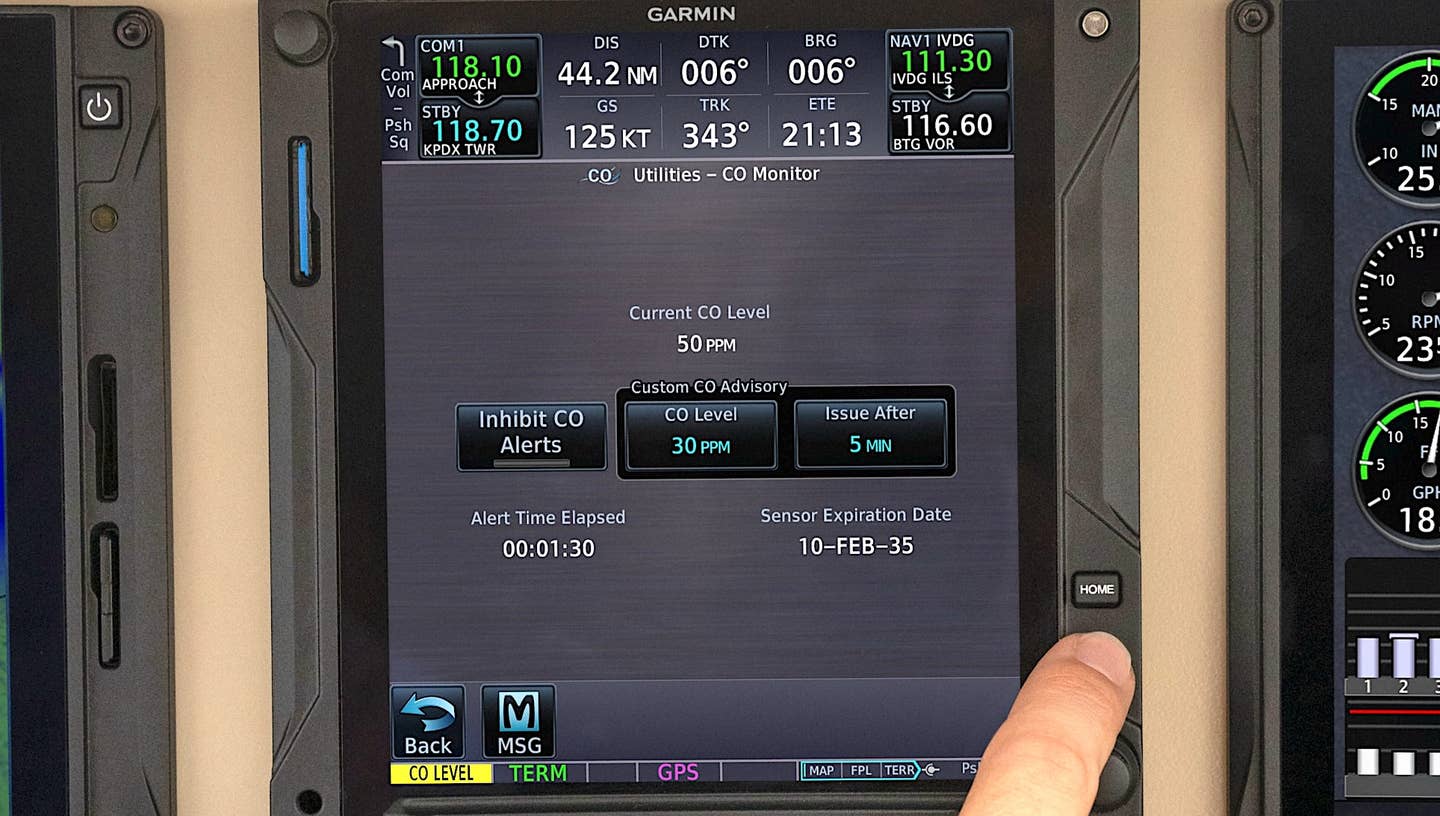V-22 Under Congressional Fire, As House Committee Holds Hearings
U.S. military V-22 Osprey tiltrotors will be restricted from their full range of flight operations until at least 2025, and at least one congressman is calling for full regrounding of…

U.S. military V-22 Osprey tiltrotors will be restricted from their full range of flight operations until at least 2025, and at least one congressman is calling for full regrounding of the entire fleet. The head of a Pentagon program that is addressing safety concerns over the aircraft advised members of the House oversight hearing on the aircraft’s restrictions yesterday (June 12). The hearings address a series of crashes.
According to a Los Angeles Times report, Vice Admiral Carl Chebi, head of the U.S. Naval Air Systems Command, told the committee it will be six to nine months before his team will complete its safety and performance assessments of the V-22. He reported that, over the service life of the Osprey so far, 64 service members have died in air or ground accidents and another 93 have been injured. Twenty of the deaths occurred in four separate crashes in the last two years, and two of those accidents involved catastrophic material or mechanical failures not experienced previously. The V-22 entered service in 2007.
After the Osprey crash off the coast of Japan last November that killed eight, the entire fleet was fully grounded. Flight operations resumed on a limited basis in March. For example, V-22s have not been allowed to operate from aircraft carriers, among other operational limitations. Chebi told the committee that the cause of the November accident was something “we’d never seen before.”
Rep. Stephen Lynch, D-Mass., responded by calling for the V-22 fleet to stand down until its safety can be assured. He asked Chebi, “What do you think the consequences will be if we have another V-22 go down and we lose more brave Marines or airmen between now and the time? Your whole program’s done. It’s done. If another Osprey goes down, we’re done. This program’s done. So why don’t we ground this now?”






